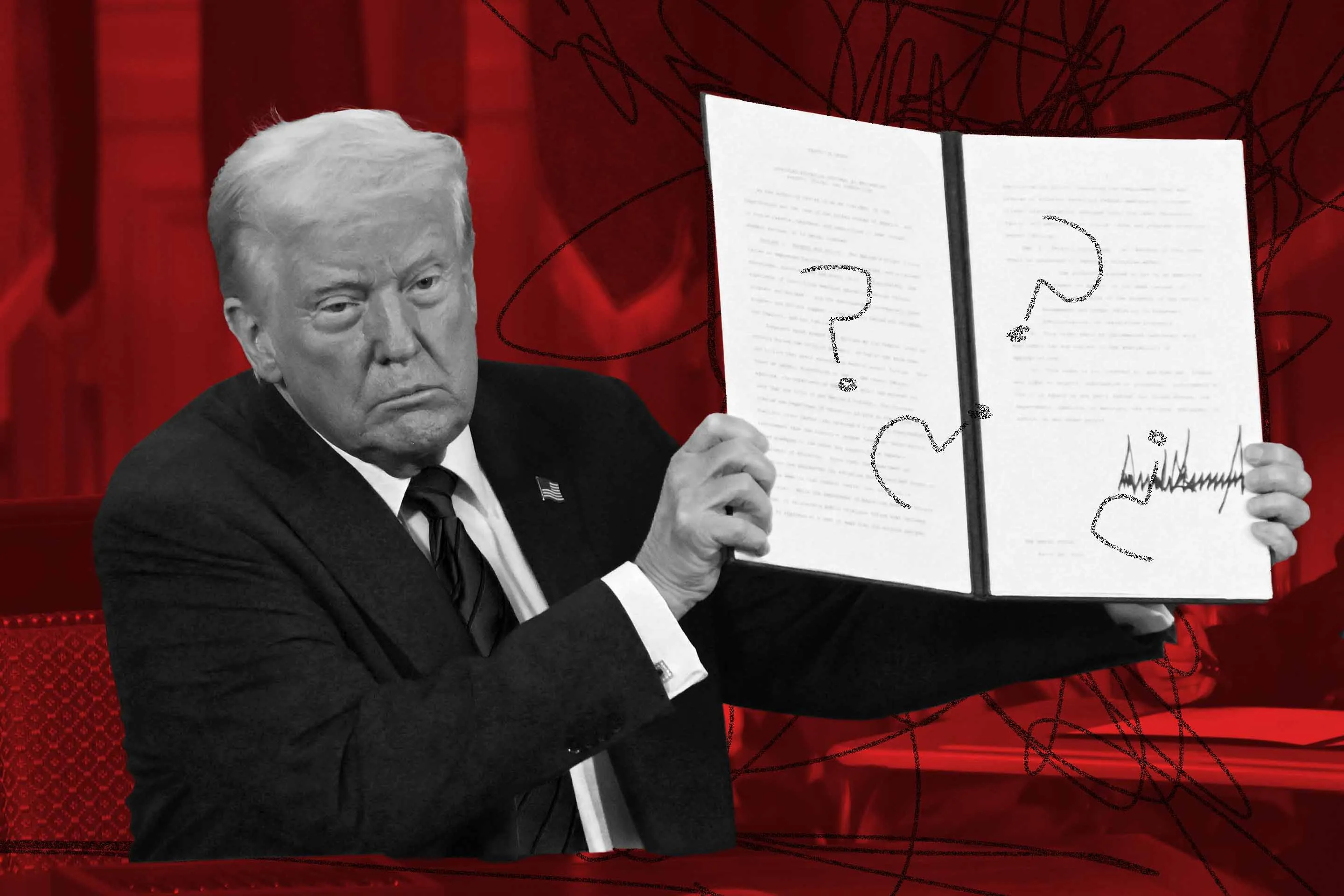Why Trump and Project 2025 Are Pushing to Abolish the Department of Education

Former President Donald Trump and Project 2025, a policy blueprint by conservative groups, are calling for the elimination of the U.S. Department of Education, arguing that the federal government’s role in education should be significantly reduced or removed. They contend that local control over schools would empower parents and communities to shape educational content, policies, and priorities to better reflect their values and needs.
Reasons Behind the Proposal
One of the main arguments from proponents of abolishing the Department of Education is that federal involvement often leads to one-size-fits-all policies that may not suit diverse communities across the nation. Project 2025, which aims to reshape the government under a Republican administration, asserts that education decisions, from curriculum to funding allocations, should return to states and local school districts. This approach appeals to those who advocate for reduced federal oversight, arguing that local leaders are better equipped to make educational choices.
Another key point is financial efficiency. Trump and supporters of Project 2025 suggest that billions of dollars currently funneled into federal educational programs could be redirected to states or repurposed for tax cuts or other local initiatives, theoretically reducing bureaucratic spending and giving communities more financial autonomy.
Criticisms and Concerns
However, opponents argue that federal involvement is essential to ensuring equal educational opportunities, especially for underfunded or disadvantaged schools. They worry that without federal oversight, disparities between school districts could worsen, with wealthier areas having more resources than poorer ones. Additionally, the Department of Education plays a critical role in enforcing Title IX and protecting the rights of students with disabilities, issues that could become harder to regulate at the state level.
What’s at Stake
Eliminating the Department of Education would mark a historic shift in U.S. educational policy, dismantling federal programs that have been in place since its founding in 1979. This policy move has significant implications for the future of American education, raising questions about equity, local control, and the role of government in ensuring access to quality schooling.




